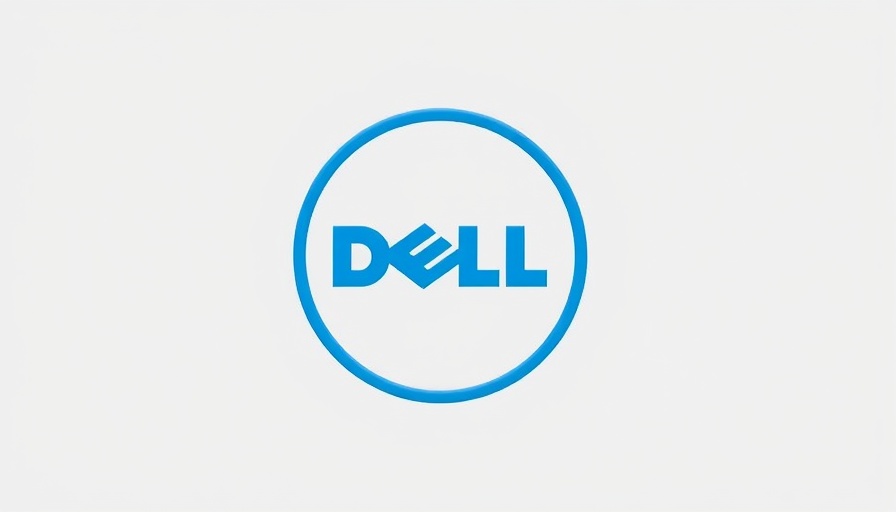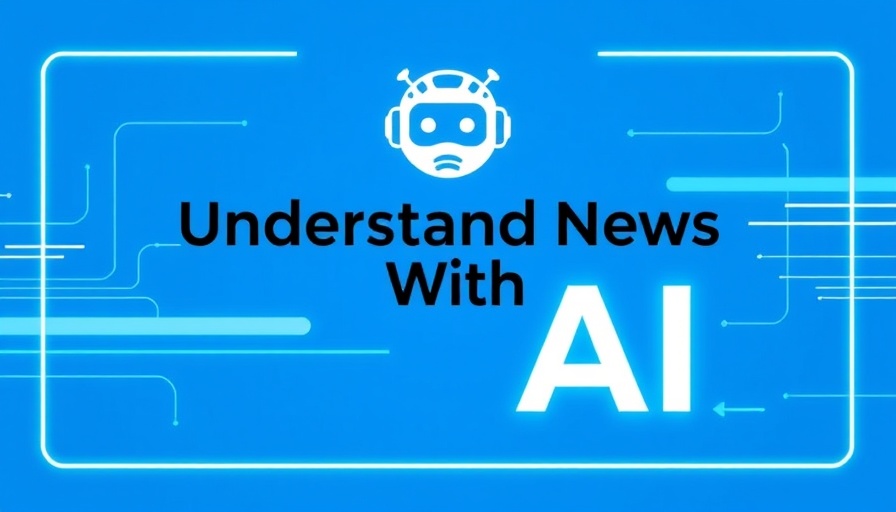
Understanding Dell's Major Job Cuts: The Impact of AI and RTO Policies
Dell Technologies is currently facing a significant transformation, one that has resulted in a staggering reduction of approximately 25,000 jobs, accounting for about 19% of its global workforce. This drastic move, part of a broader strategy to pivot towards artificial intelligence (AI) and enforce stricter return-to-office (RTO) policies, raises important questions about the future of work in the tech industry.
The Numbers Tell the Story
According to Dell's 2025 annual report, the company has aggressively reduced its workforce in the past two fiscal years by around 12,000 employees in fiscal year 2025 and 13,000 in fiscal year 2024. These cuts have brought Dell’s total workforce down to approximately 108,000, marking the lowest headcount since its transition back to public markets. This data highlights a clear strategy of streamlining operations and reallocating resources toward high-priority sectors, notably AI and infrastructure modernization.
Dell's Strategic Bet on AI
Dell isn’t merely cutting jobs to save costs; they are betting big on the future of AI. The company has launched new AI-optimized servers and significantly expanded its collaboration with tech giant NVIDIA. Notably, Dell’s recently unveiled Pro AI Studio platform promises to accelerate AI project deployment, potentially decreasing the time-to-value by 75%. With such ambitions, Dell aims to lead in the rapidly evolving race for AI infrastructure.
RTO Policies and Employee Morale
In addition to its aggressive AI strategy, Dell’s implementation of strict RTO policies has stirred controversy. Employees who live within 90 minutes of a Dell office are now mandated to return five days a week for promotion opportunities. This binary choice between in-office or remote work has created significant unrest among employees, leading to claims of a “forced attrition strategy” and high turnover rates.
The morale issues faced by employees partly stem from the disconnect between the company’s progressive technology goals and its conservative workplace policies. Internal discussions have identified such mandates as detrimental, affecting job satisfaction and retention rates. Many employees expressing dissatisfaction are seeking jobs elsewhere, raising concerns about the company’s long-term stability and innovation capacity.
Broader Implications in the Tech Industry
Dell's approach mirrors trends seen across the tech landscape, where firms like Microsoft and Google have also cut jobs to fund their AI pursuits. However, Dell sets itself apart with its strict in-office mandates, highlighting a divergence in corporate cultures among tech giants regarding work models. This divergence ignites a broader industry debate about the balance between innovation, employee satisfaction, and adaptive work environments. As more organizations embrace hybrid models, Dell’s hardline stance seems particularly out of sync.
Future Predictions and Opportunities
Looking ahead, it’s crucial to consider how Dell's ongoing transformation will impact not only its employees but also the tech industry at large. Will other companies follow suit in enforcing similar office attendance requirements, or will they embrace a more flexible approach? The future of work is in flux, and companies will need to address employee retention and morale alongside operational objectives to sustain innovation.
Positioning for Success
For companies like Dell, understanding the pulse of employee sentiment is vital. As they push towards AI integration, ensuring a compassionate and flexible workplace will be key to attracting talent. The implications of their current actions illuminate the risks associated with rapid organizational change and the need for leaders to balance aggressive transformation with employee well-being.
In a world where technology is continuously evolving, Dell's existing strategies might serve as cautionary tales for other enterprises. As the industry continues to adapt, it remains essential for companies not just to adopt new technologies but also to foster environments where their workforce can thrive alongside them.
As we witness these shifts in real-time, it's vital for communities and organizations alike to engage in discussions about the future of work, empathy in leadership, and the importance of a cohesive workplace culture that values employee contributions.
 Add Row
Add Row  Add
Add 




Write A Comment